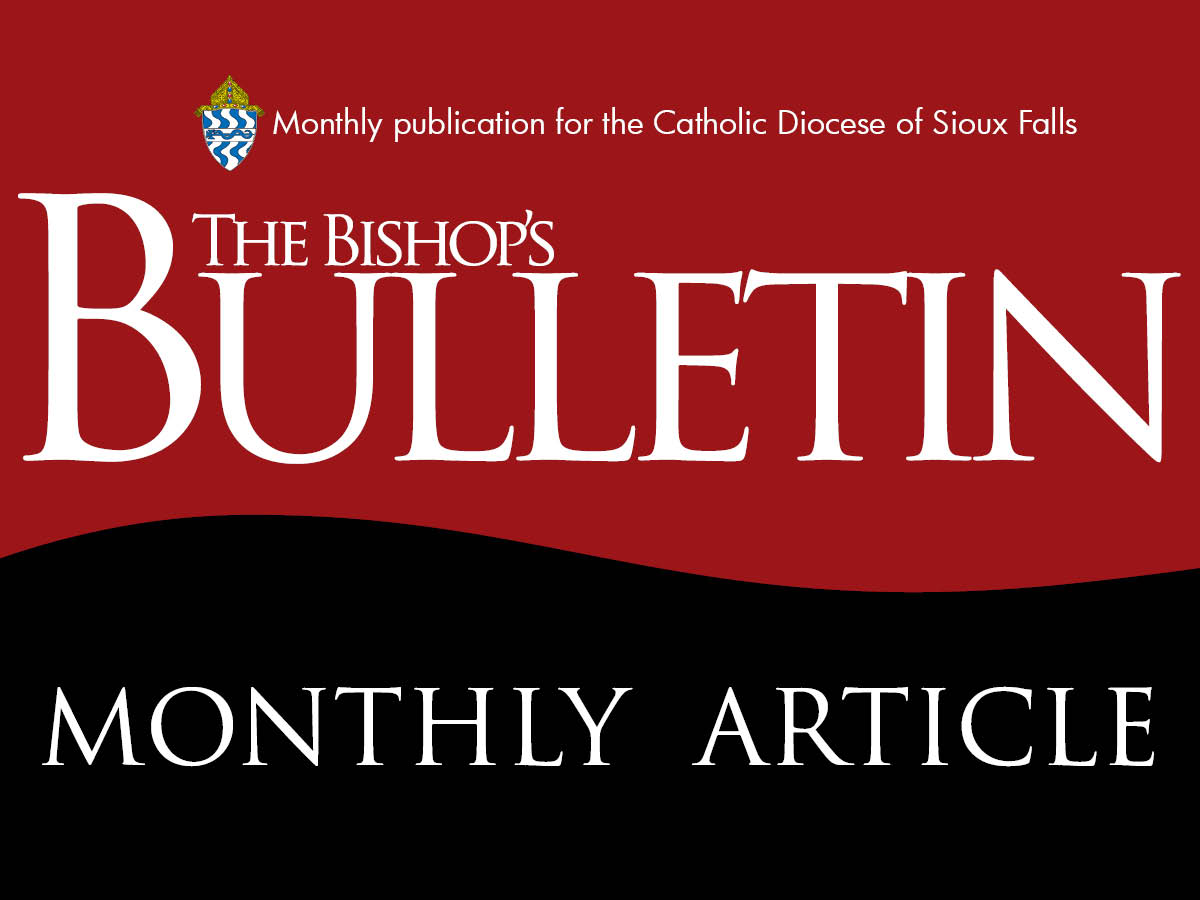Religious freedom is as American as apple pie and baseball. My wife makes the world’s best apple pie, and I love to root for the home team. However, if I had to pick one of these three as absolutely essential to the health of our country, it’s not a difficult decision. Without religious freedom, the America we know and love wouldn’t exist. With the approach of Religious Freedom Week from June 22 to June 29*, it’s a good opportunity to think about religious freedom and how we can best live it.
The timing coincides with the feasts of several saints who gave their lives for the faith. June 22 is the feast day of St. John Fisher and St. Thomas More. It’s the day that Bishop Fisher, an astute theologian and attentive pastor, was killed by King Henry VIII in 1535; Sir Thomas, who had been the King’s chief counsellor, followed him to the executioner’s scaffold two weeks later. June 29 is the feast day of Sts. Peter and Paul. Both were executed by the Roman emperor Nero.
In America, Religious Freedom is sometimes called our “first freedom” because it’s literally the first right listed in the Bill of Rights. The honor given it by our Founders is seen in its textual placement prior to the freedoms of speech, press, assembly, and petition. It’s the most important, so it’s at the top of the list.
Religious Freedom, the Church teaches, “means that all men are to be immune from coercion … in such wise that no one is to be forced to act in a manner contrary to his own beliefs,” and that it “has its foundation in the very dignity of the human person.” It exists because all people are “impelled by nature and also bound by a moral obligation to seek the truth, especially religious truth.” Furthermore, “they are also bound to adhere to the truth, once it is known, and to order their whole lives in accord with the demands of truth.” (Dignitatis Humanae)
George Washington remarked in his farewell address, “Of all the dispositions and habits which lead to political prosperity, morality and religion are indispensable supports.” Yet, using our religious freedom poorly risks “the liberty of self-ruin,” as St. Augustine described the harmful tendency of ill-directed freedom. A nation full of “self-ruin” is a ruined nation.
The healthy exercise of religion is essential for the health and well being of the nation.
What might the proper exercise of religious freedom look like?
Eucharist worship is a transforming encounter with the Lord that continues working in us every day of the week. It changes our family life, our work, the books we choose to read or the shows we choose to watch, what we buy and when we shop, and how we think about societal issues. We love our enemies. The beatitudes move us. We propose the truth, especially those truths that most need an honest hearing in our day. We are not afraid, even in the midst of the world’s turmoil, because we are possessed by Easter joy.
This short list could be anyone’s. Any Catholic with a well-formed conscience can pick up the Gospels and a catechism, or the Lives of the Saints, and write his or her own list.
As St. John Fisher was led to his death he glorified God with the Te Deum and prayed for his king. St. Thomas More’s last words were, “I am the King’s good servant, but God’s first.”
They offer proof that our faith deepens and purifies the love of country. The sanctity of these men is evident in their martyrdom, but their deaths were prepared by entire lives of work devoted to God and neighbor. They were only able to die as they did because they first lived as they did.
We are blessed that our nation recognizes the God-given right to religious freedom. Our nation needs us to be fully alive in our faith. It’s up to us to use that freedom well. May we be America’s good servants, and Christ’s first.
- published in The Bishop’s Bulletin, June 2018
